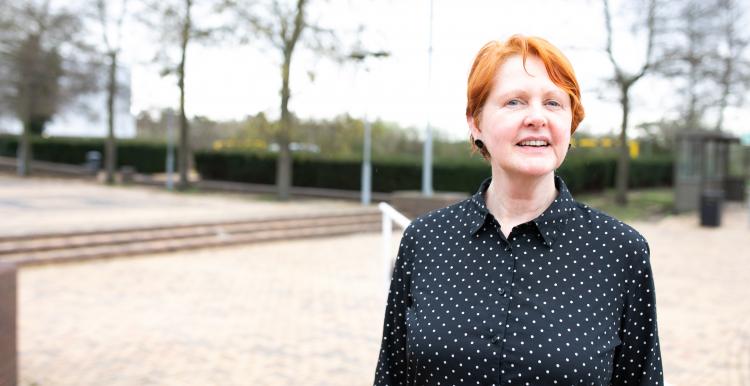Your support needed - our upcoming campaigns

This year we're planning two campaigns to ensure that NHS leaders and other decision-makers hear the public's voice and use their feedback to improve care.
Working together, we want to encourage more people to come forward, share their experiences and help tackle the issues they raise. The campaigns are:
-
Understanding the impact of NHS waiting times: This will launch in September 2021 and run for one month. The aim is to help services understand how the five million people currently waiting for hospital treatment can be better supported.
-
Making health and care information accessible: This will launch in January 2022 and potentially run over 18 months. The aim is help NHS, and social care decision-makers understand the steps needed to ensure people get clear and accessible information that helps them make decisions and get the most out of services.
Below you can find more information about each campaign and how you can get involved.
Supporting you while you wait
Background
The COVID-19 pandemic has resulted in many people having their operations, treatment and appointments delayed. A record number of people - more than 5.45 million - are waiting for NHS hospital treatment in England. We want to find out how this is affecting people and what can be done to better support people while they wait.
The plan
To run a month-long campaign starting in September to learn about the impact of delays on people, how they are coping while they wait and what support they think would help them better manage their health.
How you can get involved
-
Sign up to support the campaign and receive updates and resources to help you take part.
-
Promote the campaign to encourage more people to come forward to complete our survey.
-
Run your own survey to help provide a stronger base of evidence.
Interested?
Making health and care information accessible
Background
Clear, accessible information is essential to helping people make decisions about their health and care and get the most out of services. With fewer NHS appointments taking place face-to-face and more people managing their conditions while waiting for treatment, clear information that people can understand and act on is more important than ever.
Since 2016, the Accessible Information Standard has given people with a disability or sensory loss the legal right to get health and social care information they can understand and communications support if they need it. But, is the standard being delivered by services and does it go far enough? We want to help NHS and social care services understand the answer.
The plan
To run a phased campaign to understand the issues that users of health and care services face and then encourage services to adopt and implement changes in policy and practice that will make information more accessible. To do this, we want to build a coalition at a national and local level.
We particularly want to hear from people most likely to be most disadvantaged by inaccessible information, especially:
-
People with a sensory impairment.
-
People with a learning disability or cognitive impairment.
-
People already facing health inequalities (homelessness, drug and alcohol abuse, Gypsies and Travellers, asylum seekers and refugees, sex workers etc.)
-
People who do not speak or have low levels of English, especially individuals from ethnic minority communities.
From September 2021, we will start the first phase of our work. The aim will be to review our past evidence base of people's experiences and undertake initial research to inform the NHS of what we already know and identify potential changes that will benefit communities. We will also prepare for the launch of the second phase of our campaign.
In January 2022, we will launch the second phase of our work. This will involve a national campaign to ask the public:
- Are you aware of your rights to accessible information?
- Are services delivering what you expect?
- Do the rights you have go far enough?
The evidence this provides will help Healthwatch make a case for national and local improvements to make information more accessible to all.
If we successfully get changes adopted by policymakers and services. We will then run two further phases to help raise awareness of people's news rights and monitor if services have adopted these at a local level.
How you can get involved
-
Sign up to support and help develop the campaign.
We'll be running a series of workshops to help plan the launch of phase two, involve local partners and ensure you have the resources you need to run a local campaign.
Sign up -
Share any existing evidence you have about people's experiences if you have not already shared it with us.
We will use this to help inform our initial submission to the NHS to help them scope any review of the Accessible Information.
Email your existing evidence to us
Making our own information accessible
Although the Accessible Information Standard only applies to health and social care services, we want to use the campaign to focus on what Healthwatch can do to make sure our information is as accessible as possible. We are planning several steps to build on what we already have in place. Over the months ahead, we will:
-
Publish new guidance for local Healthwatch on making our communications accessible.
-
Review our existing accessibility policy and provide a version of this that our local services can adapt and use.
-
Look at what further training and resources we can provide to our staff and volunteers to make sure people can get the information they need in a way they can understand.
Join the conversation
Make sure you join the Communications and Engagement group on Workplace for more information and key updates.
